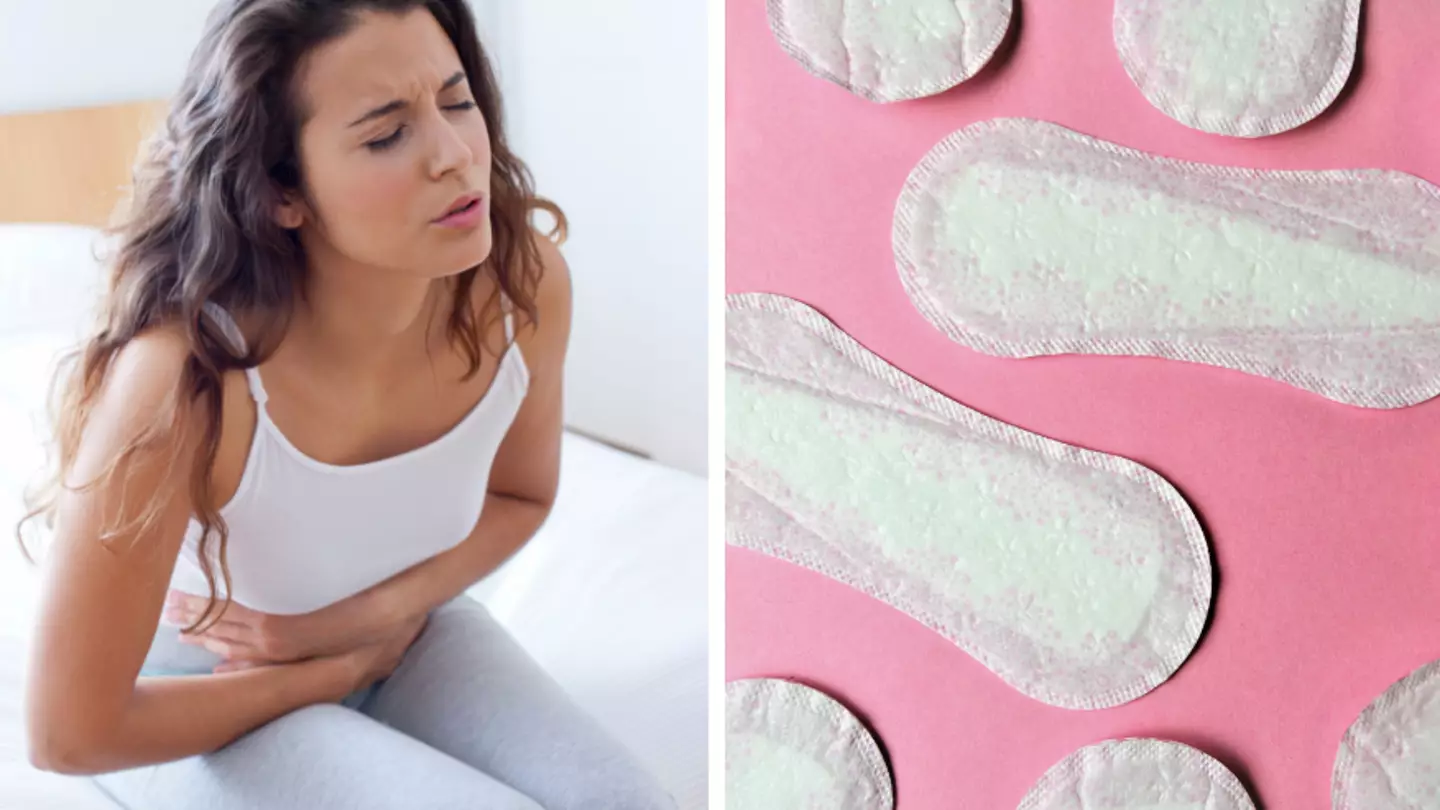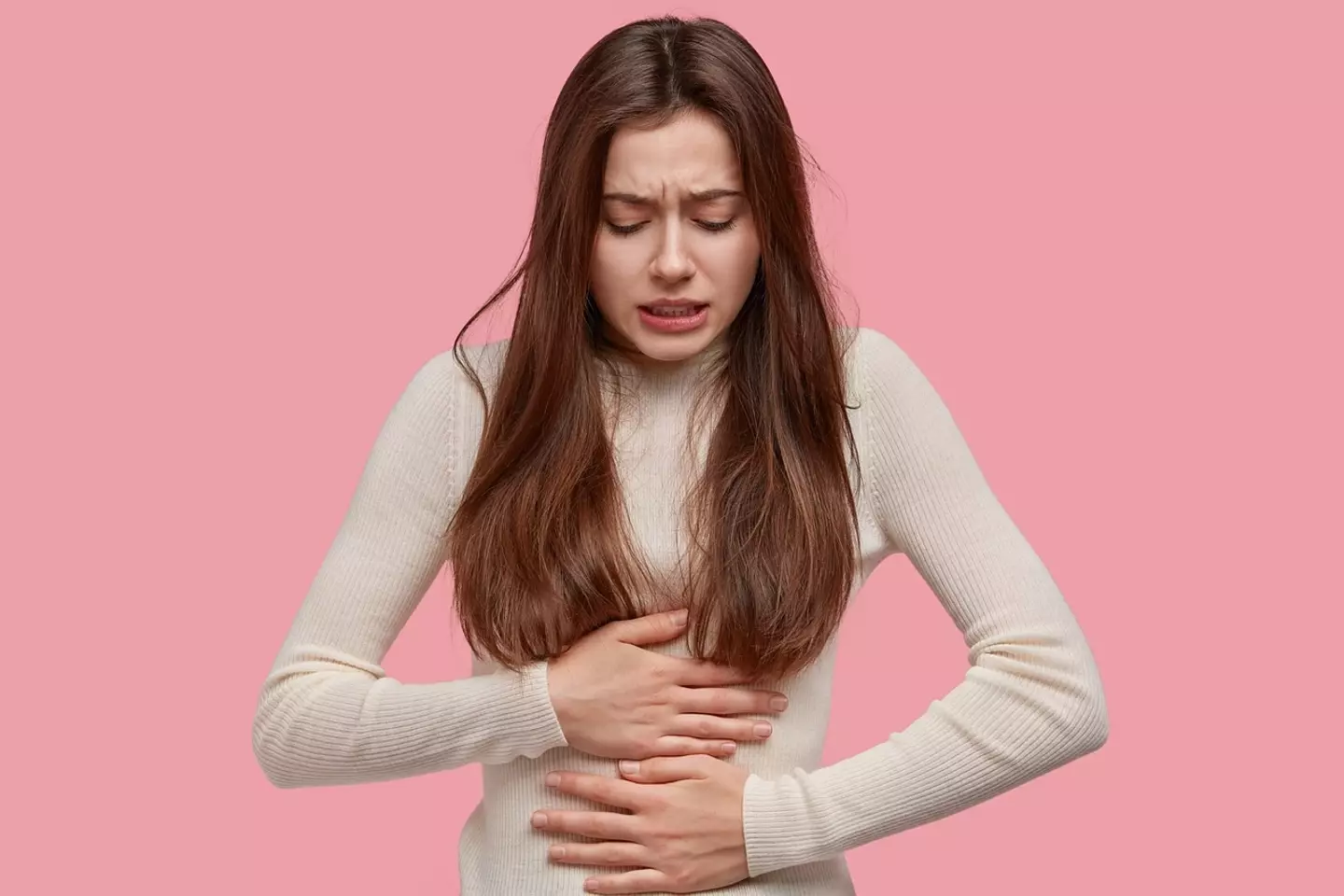
Sometimes PMS can make you feel like the world is about to end, whether it plunges you into a mindset of sudden, deep depression, twists you into an anxious wreck or leaves you weeping at anything you see.
It sounds extreme, but... If you know, you know.
PMS – or premenstrual syndrome – is the collective name for the symptoms women can experience in the weeks before their period.

Advert
According to the NHS, symptoms include:
- mood swings
- feeling upset, anxious or irritable
- tiredness or trouble sleeping
- bloating or tummy pain
- breast tenderness
- headaches
- spotty skin
- greasy hair
- changes in appetite and sex drive
And it can often make you feel nothing short of AWFUL – especially so as you get older, it turns out.
You may think it’s all down to increasing adult pressures like parenting, work, and money, but there may be something else at play if you’re feeling particularly on edge.
According to the US government’s Office on Women’s Health, PMS symptoms can grow worse as you leave your 20s, and it’s all down to how your body changes as it moves towards menopause.
It explains: “PMS symptoms may get worse as you reach your late 30s or 40s and approach menopause and are in the transition to menopause, called perimenopause.
“This is especially true for women whose moods are sensitive to changing hormone levels during the menstrual cycle.
“In the years leading up to menopause, your hormone levels also go up and down in an unpredictable way as your body slowly transitions to menopause. You may get the same mood changes, or they may get worse.
“PMS stops after menopause when you no longer get a period.”

Back in the 1990s, a team of scientists also delved into this topic to explore whether or not there was a link between worsening PMS symptoms and age, and arrived at a slightly different conclusion.
The study, titled ‘Relationships between age and symptom severity among women seeking medical treatment for premenstrual symptoms’ and published in 1995, saw researchers examine a sample of 332 women who had reported severe stress and met criteria for Late Luteal Phase Dysphoric Disorder – now known as premenstrual dysphoric disorder.
“Depression-related factors were associated with the severity of PMS, and together with the duration of symptoms, were the best discriminators between the younger (ages 20-35) and older (ages 36-44) women in this sample,” they wrote.
“These data suggest that the years of the late twenties through mid-thirties are the most vulnerable time for distressing PMS and fail to support the clinical premise that PMS worsens with age until menopause.”
Topics: Health